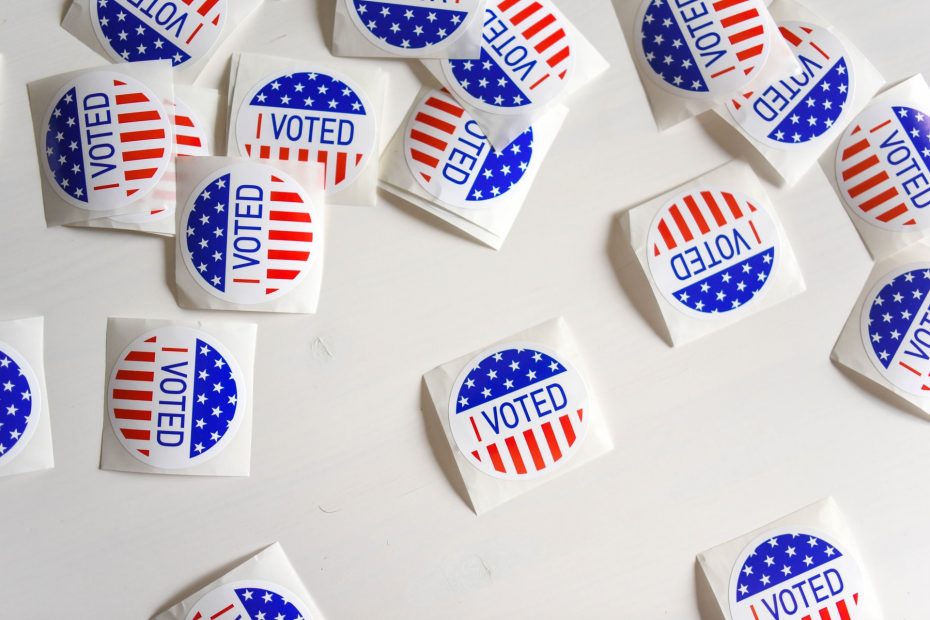The 2020 Election will either promote or reel in a band of tech companies intruding further into financial services. Depending on who voters elect for Congress in 2021 will determine how Facebook can operate as a “bank” and just how much power Google and Amazon can have over marketing, data, and e-Commerce.
The overall agreement is that these companies possess an inordinate amount of power. However, Democrats and Republicans have divergent views as to how to regulate these massive tech giants.
Either party will decide what role the government ultimately plays in facilitating cash access, “a central bank digital currency”, the distribution of a coronavirus stimulus, cryptocurrency, and countless other matters that directly will affect how merchants and consumers conduct their business.
What Is To Come, Post Election
First on the House agenda is a “congressional investigation” into the big tech giants such as Apple, Amazon, Google, and Facebook. According to the House Judiciary Committee, these four companies serve as “unfair gatekeepers” over the current channels of distribution. They have massive control of access to markets and are the arbitrary selectors of winners and losers in the economy.
The Committee’s report issued the statement:
“They not only wield tremendous power, but they also abuse it by charging exorbitant fees”.
The report further predicts carrying out both legislation and regulation, up to and comprising breaking up the companies. But how that will pan out will be up to either the Republic or Democratic parties.
Apple’s power in the mobile wallet sector is coming under fire. In the European Union and Switzerland, Apple is facing “antitrust pressure”. If a more liberal U.S. government presides, it will face the same fate in the U.S. as well. According to the E.U., by Apple limiting the iPhone’s NFC chip to Apple Pay, it makes it tougher for other mobile wallets to enter the competition. This appropriately fits Apple’s role as a “gatekeeper” as described by the Judiciary Committee’s report.
Further disputes involve both Apple and Google, over their app store payment processing. The complaints assert that they are utilizing their own policies in order to secure “payment fee revenue”.
Data is another sticking point, as this part of an e-commerce strategy that companies like Facebook, Google, and Apple seek to gather more of by enrolling consumers into mobile wallets. The issue is that this will grant them access to data that can help them generate new streams of income.
Eric Grover, a principal at Intrepid Ventures, said:
“Big tech wants a greater role in payments to boost engagement and commerce, capture monetizable data, and generate fees on their already powerful platforms. If those platforms were broken up, forced to open up to third parties, and/or subject to increased antitrust scrutiny, big tech’s enormous potential in payments would be diminished, dramatically,”
One of the main objections towards these large tech companies is their capacity to link a host of activities together, thereby controlling different aspects of business such as shopping, advertising, consumer enrollment, payment authorization, and fulfillment. If Facebook was asked to break up these aspirations, it would greatly oppose its payments ambitions.
A Turbulent Time Ahead
With the U.S. being the world’s largest democracy and economy, any turbulence in its political stage will likely shake up the global market. For now, the world must stand by and see how things unfold.

